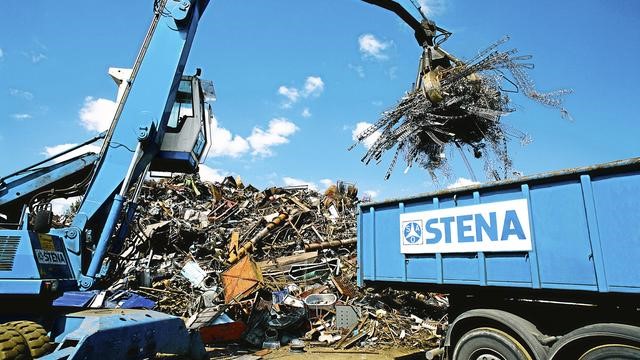

The Swedish electric performance car company, Polestar, has signed up with Stena Aluminium for the Polestar 0 project, which aims to create a genuinely climate-neutral car by 2030. Stena Aluminium in Älmhult, Sweden, is the leading aluminium producer using recycled raw materials.

However, other than Stena Aluminium and Gränges, the new collaborators in the project include Vitesco Technologies, Schloetter, Autoneum, Stora Enso, TMG Automotive and Borgstena.
Germany, Switzerland, Portugal, Finland, and Sweden are among the countries represented by these companies. They specialize in electrical inverters, electroplating, interior and exterior materials, biomaterials, wood construction, coatings, textiles, flat rolled aluminium, knitted and woven materials, and recycled aluminium, as well as renewable packaging solutions.
Founded in 2021, Polestar 0 believes the automotive industry needs a full reset. While switching to EVs eliminates emissions from the exhaust, Polestar understands the critical need to address emissions from production.
The ambitious goal of the Polestar 0 project is to eliminate all sources of CO2e along the whole supply chain, from raw material extraction to the production of materials and vehicles, delivery, and end-of-life, without relying on dishonest offsetting schemes.
Hans Pehrson, the Head of the Polestar 0 project, comments: “My conviction in the success of the Polestar 0 project is reaffirmed every time we meet with new collaborators. There is immense potential to tap into around the globe. Achieving the seemingly impossible is never a one-person show. Only through collective action can we achieve the breakthroughs that truly make a difference and find the transformative solutions that go beyond the car industry.”
The importance of base material research makes mining and biological sources, then refining and producing materials, the most important factors in success. The search for partners in the manufacture of raw materials, bio-based chemicals, polymers, electric components, noble gases, and other base materials is ongoing and more academic and corporate partners are required. In order to deliver the car by 2030, it is imperative to find the missing components as soon as possible.
Responses








